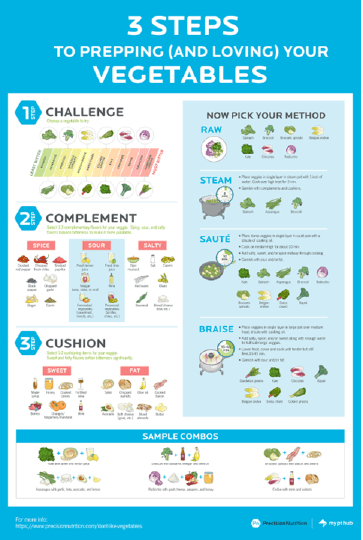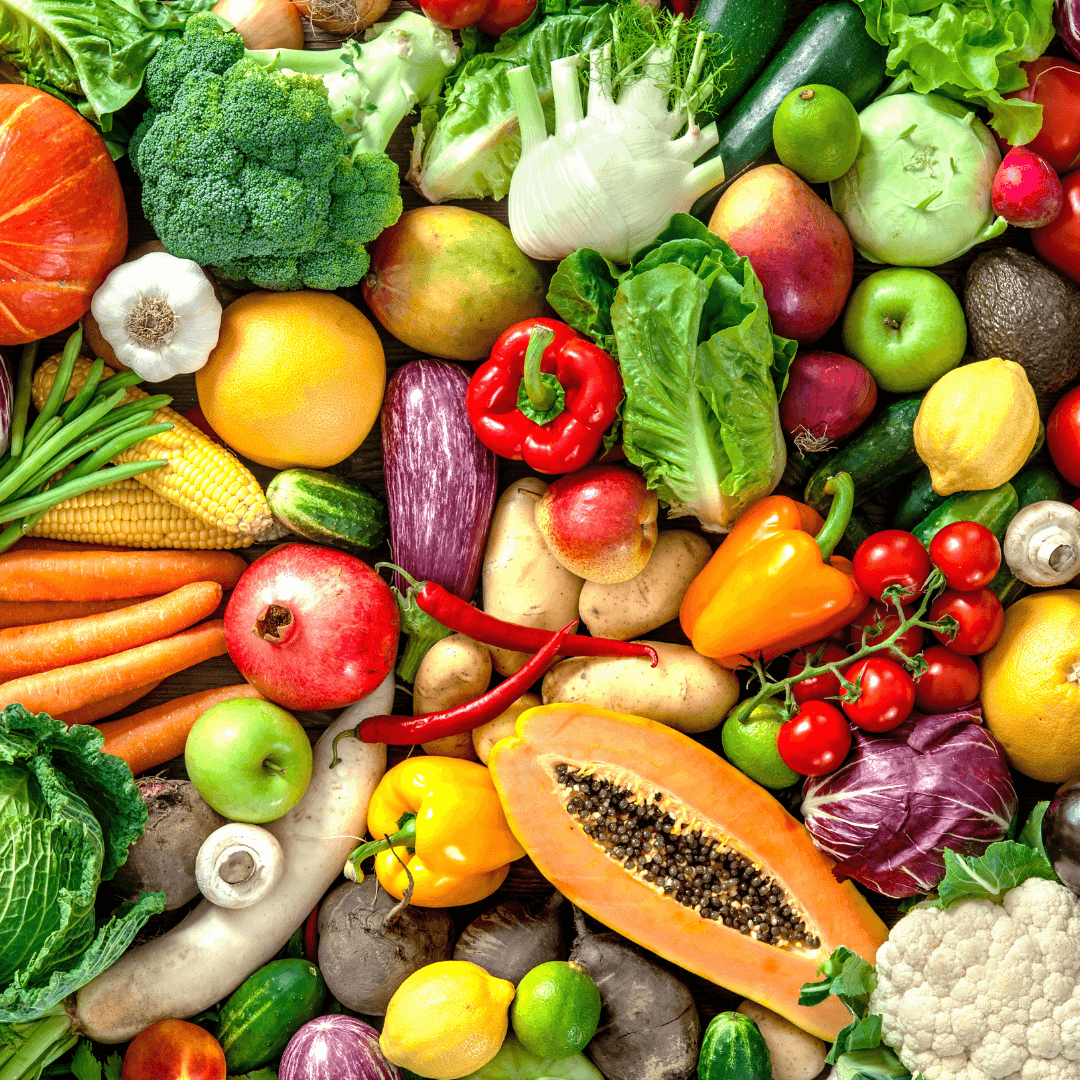Most people know that eating more fruits and vegetables is essential for good health, yet many avoid them. The reasons range from childhood exposure to taste preferences influenced by genetic factors or availability. A primary reason is that vegetables often taste bitter to some individuals.
The Science Behind the Bitter Taste
Many vegetables contain alkaloids, compounds that have a naturally bitter flavor. Some people are genetically predisposed to avoid bitterness, which makes consuming these vegetables challenging.
Can You Adapt to Bitter Vegetables?
Fortunately, studies show that people can adapt to the flavors they regularly encounter. Over time, exposure to bitter foods like vegetables can reduce their intensity.
How to Make Vegetables More Palatable
- Cooking Methods Matter: Properly cooking your vegetables can reduce bitterness and make them more enjoyable.
- Challenge Your Tastebuds: Regularly eating foods you usually avoid can help you adapt to their flavors.
- Complement the Flavors: Pair vegetables with spicy, sour, or salty foods to enhance their taste.
- Cushion the Bitterness: Balance the bitter flavor by adding sweet or fatty ingredients to soften it.
Flavor Combinations to Try
The infographic below illustrates various ways to cook and flavor vegetables, offering suggestions to help you enjoy their nutritional benefits while minimizing bitterness.
These headings help to break down the article for easy reading and highlight key concepts related to overcoming the bitter taste of vegetables.
















